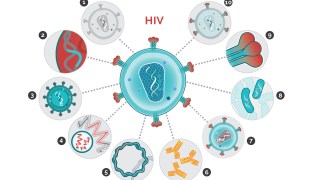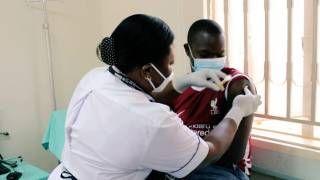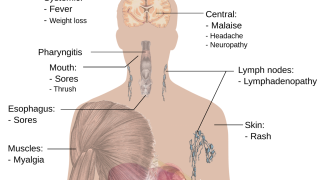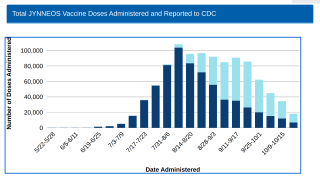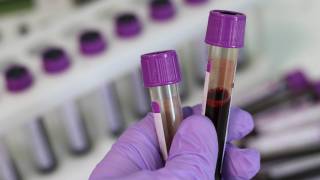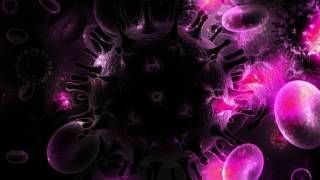HIV Vaccine Acceptance Depends on Behavioral and Clinical Success

The first human trials of mRNA-based vaccines targeted against HIV began earlier this year. And these phase 1 studies are making encouraging progress with patient recruitment.
However, epidemiologists and virologists have recently voiced ‘cautious optimism’ about these vaccine candidates' success.
It is also essential to engage behavioral scientists early in vaccine development. Scientists must think about how to place biological solutions within prevailing social norms, stated an article written by Devi Leena Bose on May 16, 2022.
Published by the journal Nature, this insightful article is excerpted below.
‘For an HIV vaccine to be acceptable, experts need to strategize from users’ behavior-resistance point of view.
Gagandeep Kang, a professor at the Wellcome Trust Research Laboratory in Christian Medical College Vellore, says bodily integrity matters the most to people while making health-related choices.
“In a way, vaccines breach that integrity.”
“An HIV vaccine will struggle with this whenever it comes in the future,” she says.
In his book Change: How to Make Big Things Happen, Damon Centola suggests that, while information and disease spread through ‘simple contagions,’ behavior change often takes place in ‘complex contagions,’ meaning it requires multiple sources of reinforcement.
So, for example, if an idea needs to overcome more resistance, its acceptance will likely be a complex contagion.
Based on Centola’s work, the journey of an HIV vaccine needs to be understood through this prism of complex contagions where intervention needs to cross some critical barriers:
• Credibility barrier: People may be skeptical about the effectiveness and safety of a vaccine.
• Legitimacy barrier: Vaccines must be introduced alongside efforts to reduce situations that fuel fear of embarrassment or social sanctions.
• Coordination barrier: For the intervention to be successful, more people must adopt it simultaneously.
• Excitement: Social acceptance from peers is critical to boosting enthusiasm for new products and practices.
• Digital realities: Information and misinformation now spread at lightning speed, and the reach of a hashtag is not something to be undervalued.
An accessible, affordable life-saving solution can falter on these barriers if people’s resistance to change is not accounted for. This is where behavioral science plays an essential and complementary role in vaccine science.
It can help design strategies calibrated to users’ needs and specific communities where resistance is higher,’ concluded Bose’s article.
"Finding an HIV vaccine has proven a daunting scientific challenge," commented Anthony S. Fauci, M.D. NIAID director, on March 14, 2022.
"With the success of safe and highly effective COVID-19 vaccines, we have an exciting opportunity to learn whether mRNA technology can achieve similar results against HIV infection."
Currently, two HIV vaccine candidates are active.
- mRNA-1574 - Produced by Moderna Inc., is participating in the HVTN 302 study to examine the safety and immune responses of experimental vaccines that encode for different but highly related stabilized proteins.
- mRNA-1644 (eOD-GT8 60mer) - Was developed by scientific teams at IAVI and Scripps Research and delivered via Moderna's mRNA platform.
Note: HIV vaccines can not cause HIV infection says the U.S. FDA.
PrecisionVaccinations publishes fact-checked, research-based news curated for mobile readership.
Our Trust Standards: Medical Advisory Committee

